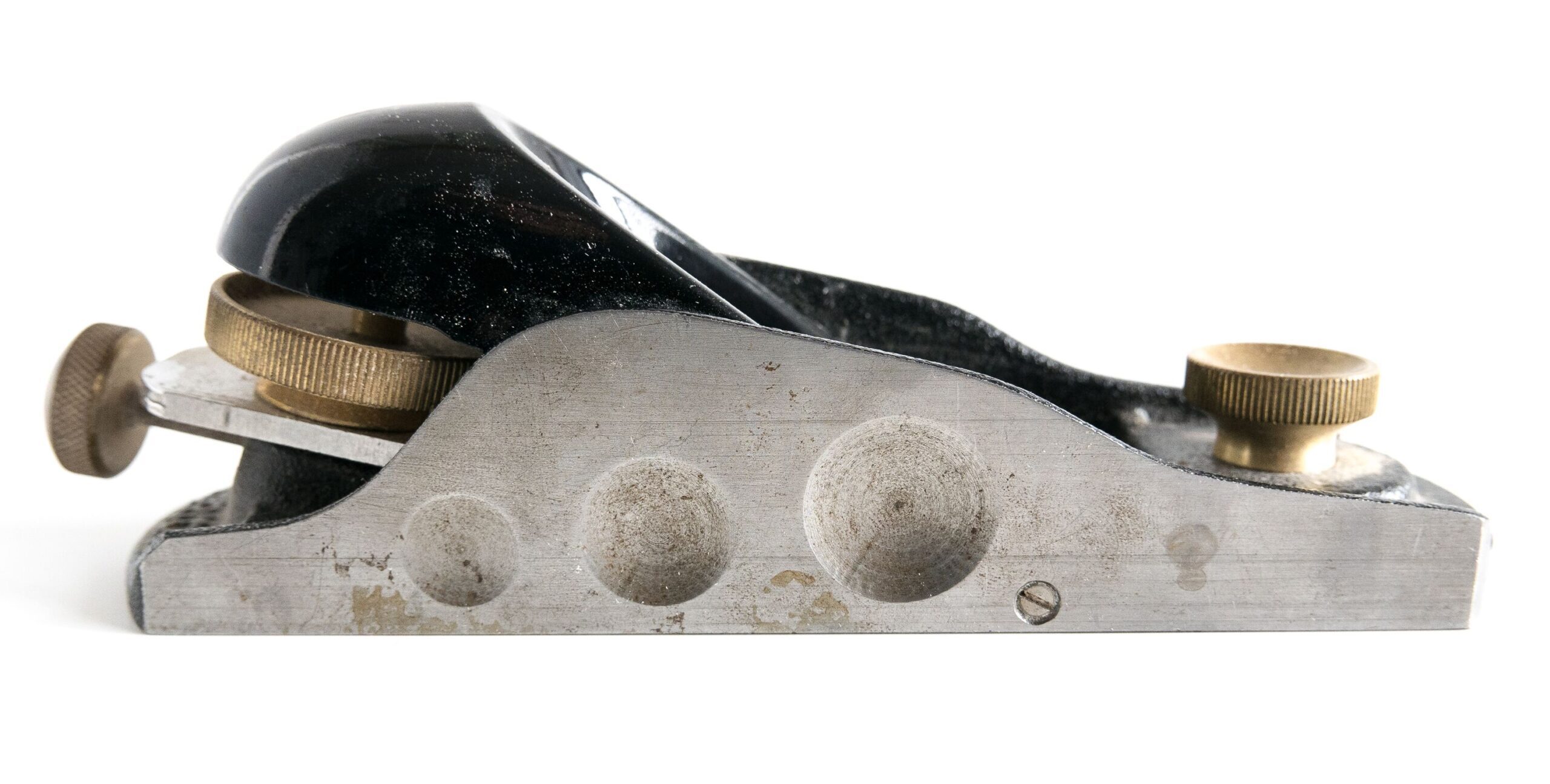“Everyone is trying to find the quick, easy solution,” I heard from one network member recently. “It doesn’t exist.”When things are hard, we look for something that will make the pain go away fast, like pulling our hand out of the fire. But sometimes the hard points are progress, in addition to being painful. Pain has a function in our bodies, and in our organizations. It focuses our attention on the things that are not working. Yes, an easy solution sometimes presents itself. More often we must do the hard work of ferreting out what is causing the pain and the harder work of fixing it.
Lots of people are talking about Swedish Death Cleaning right now, which is a fun term for cleaning your house before you are dead, so your kids don’t have to do it afterwards. But how many of us think about Swedish Death Cleaning our organizations? What would that look like? In 1896 the economist Vilfredo Pareto discovered that 80% of the land in Italy was owned by 20% of the people. This was the genesis of the Pareto Principle, which states that 80% of the outcomes will come from 20% of the inputs. But which 20%? Maybe we need to Swedish Death Clean our way to that 20%.
Which brings me to the role of leaders in all of this. The job of the leader is to know which 20% should stay, and then change everything else. According to one leader, “Operational people don’t want to change.” I think what he meant was not a dismissal of people who do operational work, but a way to think about our own approach as leaders. Are we thinking just on an operational level? Are we the ones who are afraid of change? If we are, maybe that means we aren’t really leading. Someone else said this month, “Our work as leaders is to illuminate the personal agendas in the room.” I heartily agree, especially if those personal agendas are our own. It turns out the hard points are progress, and the hardest progress to make is with ourselves.

